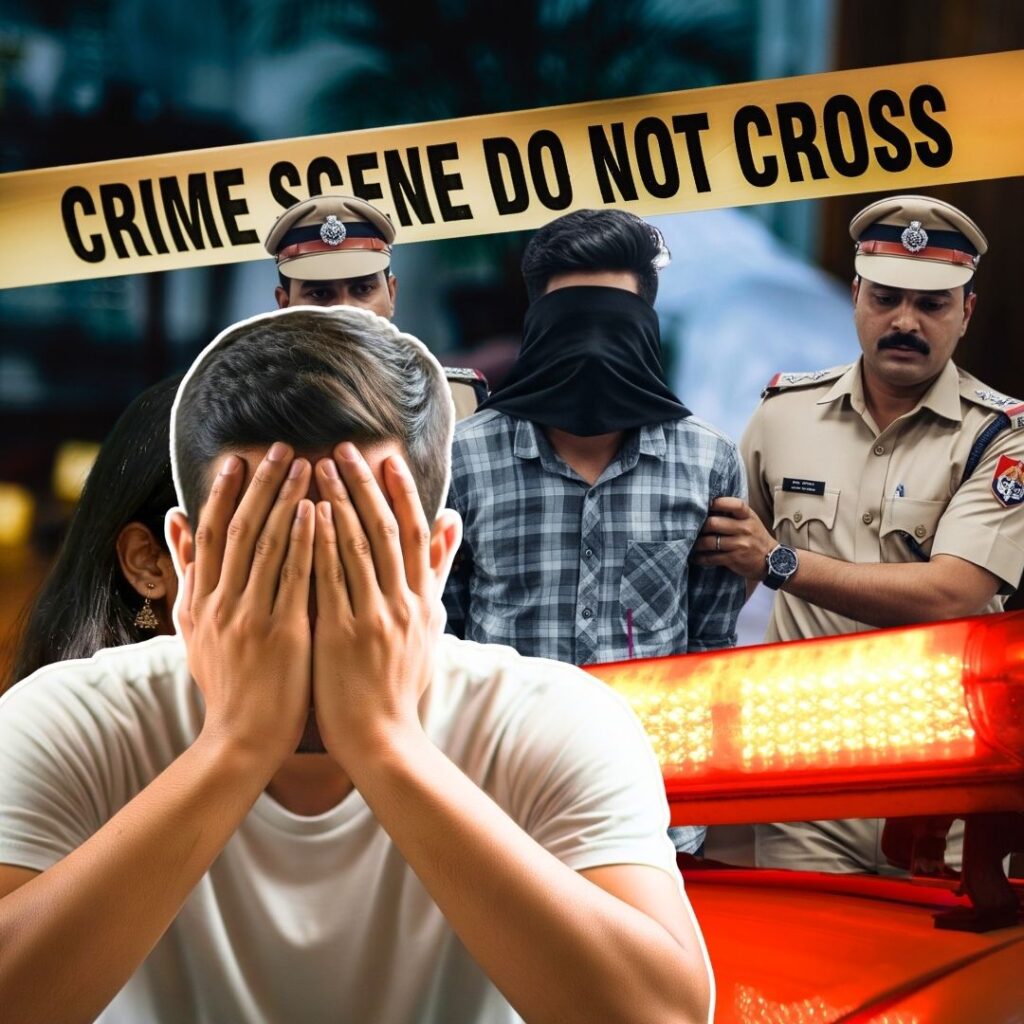Around 150 to 200 people from various parts of Delhi fell ill with vomiting and uneasiness after consuming buckwheat flour, locally known as kuttu ka atta, on Tuesday. Thankfully, all affected individuals are stable, and none required hospital admission.
The areas from which the patients hail include Jahangirpuri, Mahendra Park, Samaypur, Bhalswa Dairy, Lal Bagh, and Swaroop Nagar. Delhi Police received multiple complaints early morning and immediately alerted the Food Department. The Chief Medical Officer of BJRM Hospital, Dr Vishesh Yadav, confirmed the stable condition of all patients and the ongoing investigations into the source and quality of the implicated buckwheat flour.
Widespread Illness Linked to Buckwheat Flour Consumption in Delhi
The sudden food poisoning incident caused considerable distress across north-west Delhi, especially during the Navratri fasting season when consumption of buckwheat flour spikes. Medical teams promptly provided care and supportive treatment to those affected. Police and food safety officials used public address systems and beat staff to sensitise local vendors, shopkeepers, and residents, aiming to prevent further incidents. Monitoring and sampling of the buckwheat flour source is underway, and the Food Department is committed to ensuring consumer safety.
Food Department Launches Probe Into Flour Contamination
The Delhi Food Department is actively investigating the buckwheat flour’s origin and safety. Police and local authorities have sensitised vendors and residents to take preventive action, using public address systems and community engagement. The department stresses the importance of purchasing certified products and adhering to food safety guidelines, especially during festivals when demand for buckwheat flour spikes.
Previous Cases Highlight Food Safety Challenges
Similar incidents have occurred before due to fungal contamination or adulteration of buckwheat flour, which thrives if improperly stored in warm, humid conditions. Authorities anticipate strengthening regulatory oversight and conducting awareness campaigns to prevent future outbreaks and protect public health, particularly during culturally significant periods.
The Logical Indian’s Perspective
This incident underlines the crucial importance of stringent food safety systems, community vigilance, and effective regulation, especially during cultural festivities involving specific diets. While buckwheat flour is a staple for many during Navratri, quality assurance and consumer awareness must be prioritised to prevent avoidable health crises.
The Logical Indian advocates for cooperative efforts between government bodies, vendors, and consumers to build trustworthy food supply chains that uphold public health without spreading fear.











